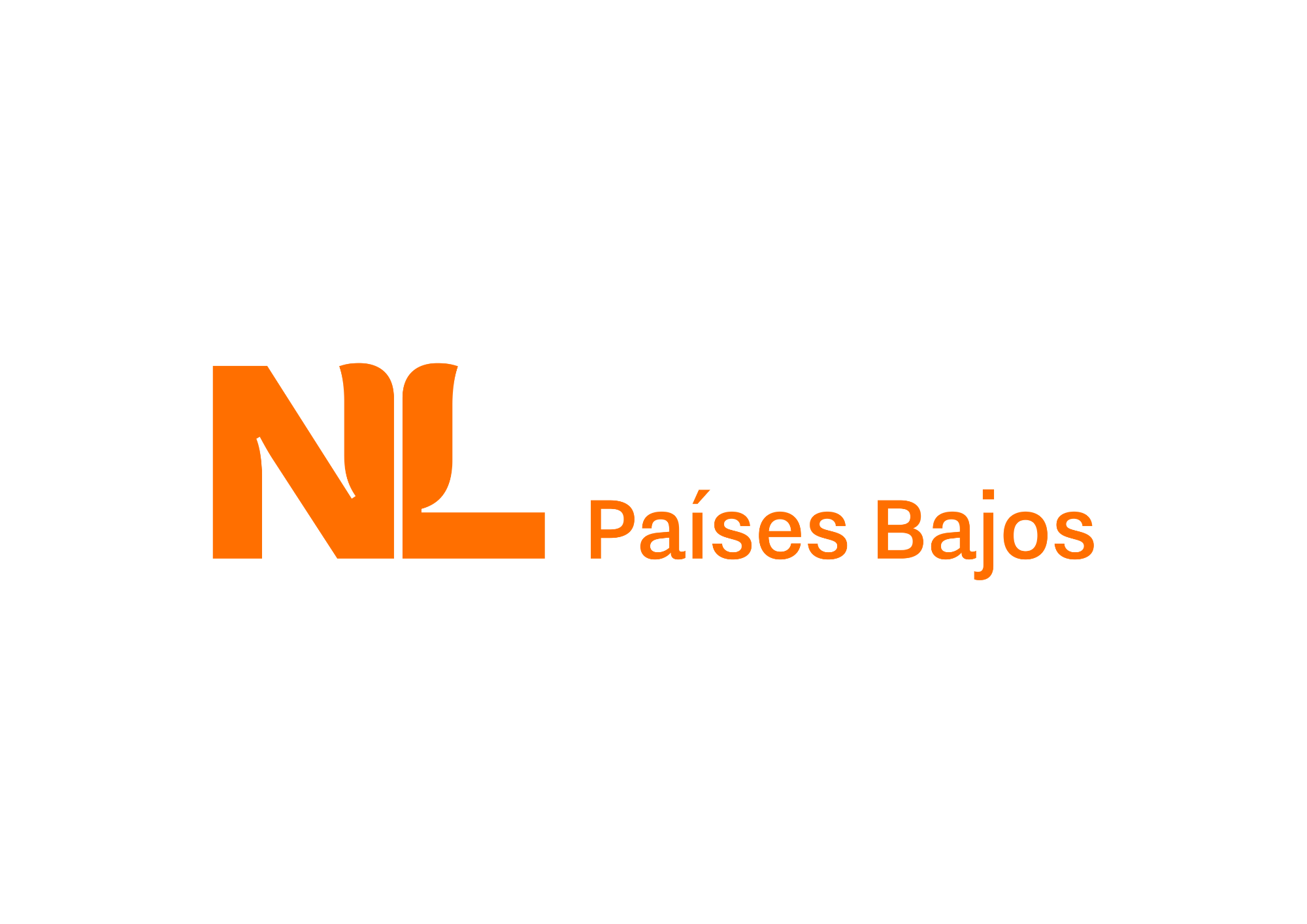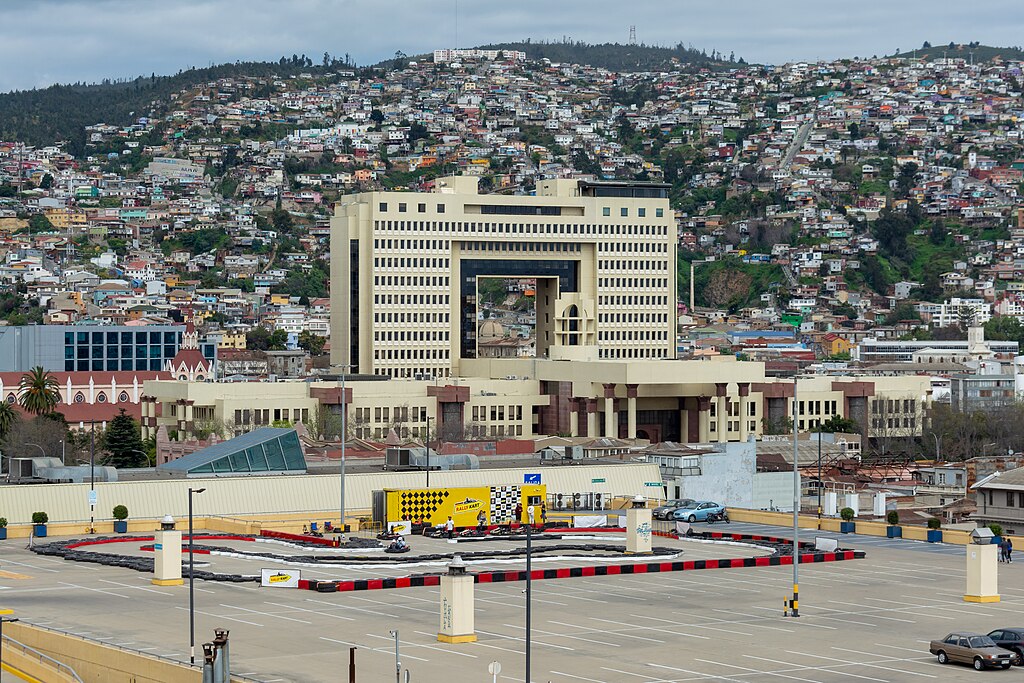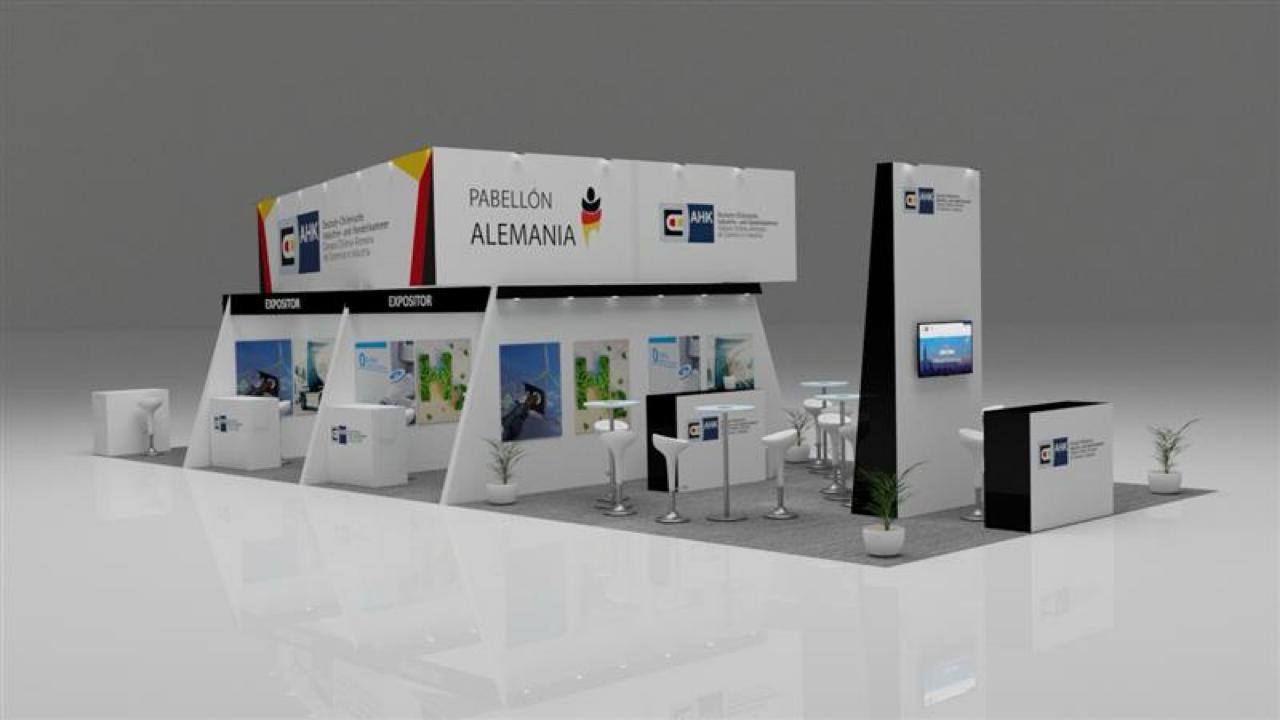
Chile has great renewable energy potential – solar, wind and hydro – and could reach an installed demand equivalent to 70 times the domestic demand. The renewable energy potential and the low cost of electrolyzers will enable the production of the most competitive green hydrogen on the planet in the not too distant future. Chile has a unique opportunity to develop a competitive green hydrogen industry that, from electricity produced from low-cost renewable resources, will enable the formation of an energy source for local use and export, driving its energy transition and a sustainable economy around it. Chile is committed to climate action in a decisive and ambitious manner. The Netherlands also assumes the responsibility to reduce its emissions and thus contribute to preventing the consequences of climate change. It will face this challenge as a creative, innovative and entrepreneurial country. Hydrogen is an indispensable link in the transition to a sustainable energy system. In addition to its own hydrogen production, the Netherlands and Europe will also have to import a large part of the hydrogen it will require. To ensure that these imports take off in a timely, sustainable, secure and large-scale manner, the Netherlands is active in fostering energy trade relations with a broad group of countries that will contribute to security of supply. The first and so far most important pillar of the Dutch import strategy is the development of the conditions to get the hydrogen market off the ground, such as import terminals, infrastructure and regulation. The Netherlands considers of vital importance the construction of commercial alliances with Chile and other countries, which will contribute to its decarbonization and also that of Europe, making an impact on the global reduction of climate change. Chile’s role is key in the production of green hydrogen, methanol and synthetic fuels. Chile and the Netherlands have been working together to create the green hydrogen corridor and distribute it efficiently in northwest Europe through Dutch ports of entry. This collaboration has been framed through different instruments, among the most recently signed are the extended Memorandum of Understanding between the Port of Rotterdam and the Ministry of Energy of Chile, as well as the Strategic Cooperation Agenda signed in March 2023 by the Ministry of Economy and Climate of the Netherlands and the Ministry of Energy of Chile.



 Related News
Related News Chile’s President highlights green hydrogen industry in his Public Account
Chile’s President highlights green hydrogen industry in his Public Account
 Germany exhibits at Hyvolution with exclusive pavilion
Germany exhibits at Hyvolution with exclusive pavilion
 Green Hydrogen Project Launched to Boost Production in Araucanía
Green Hydrogen Project Launched to Boost Production in Araucanía
